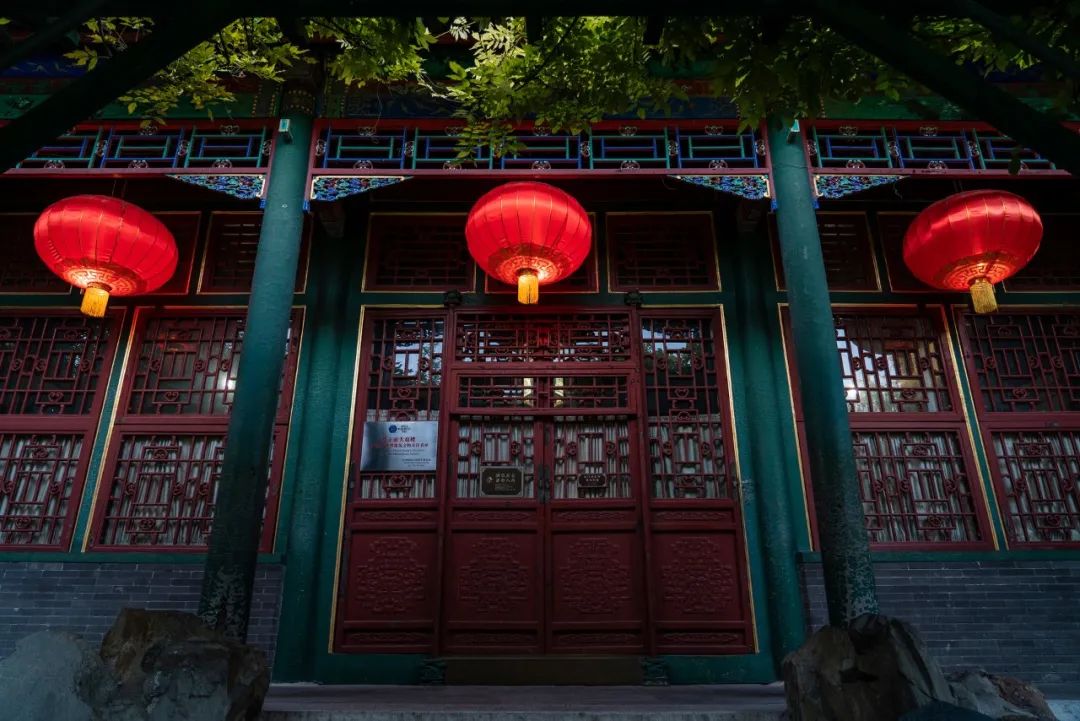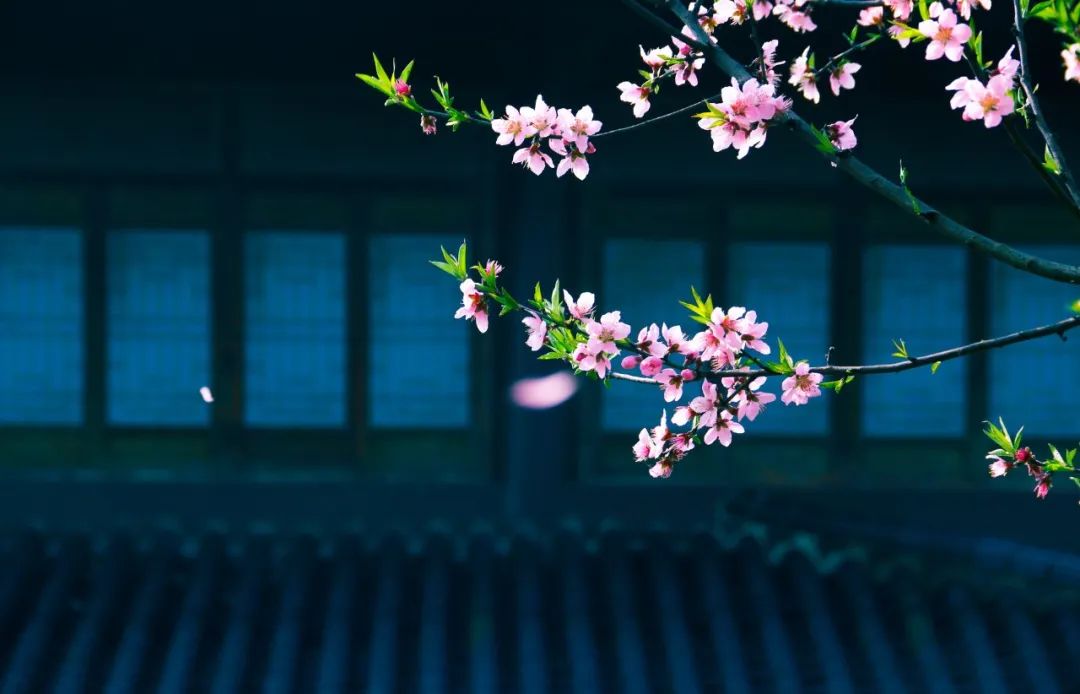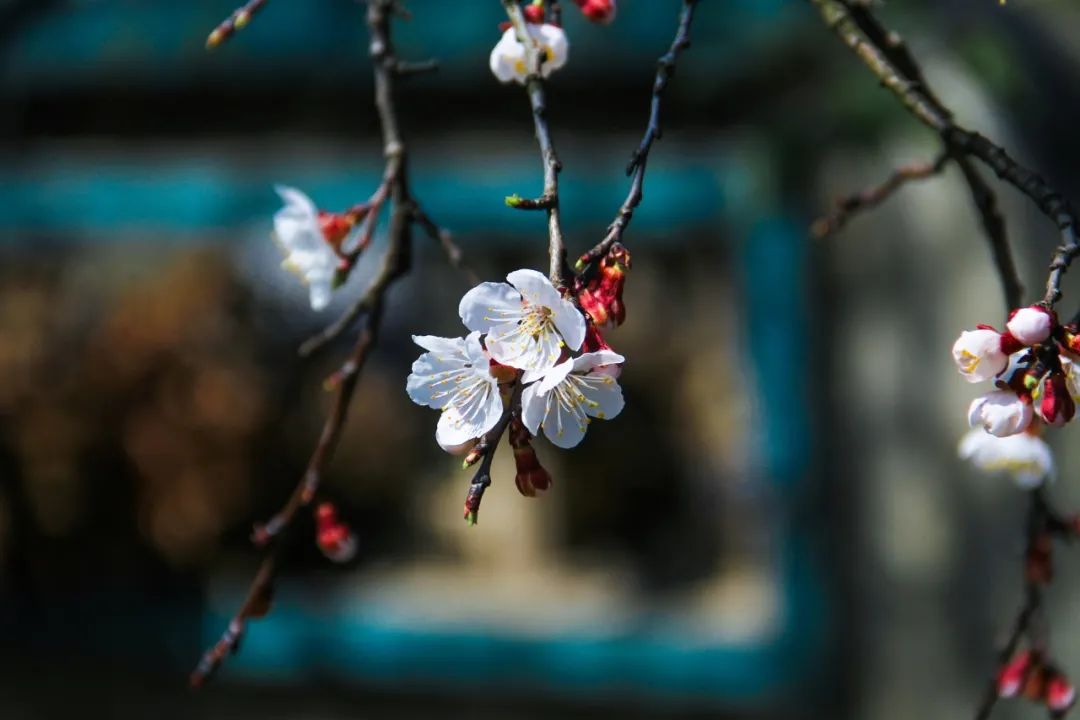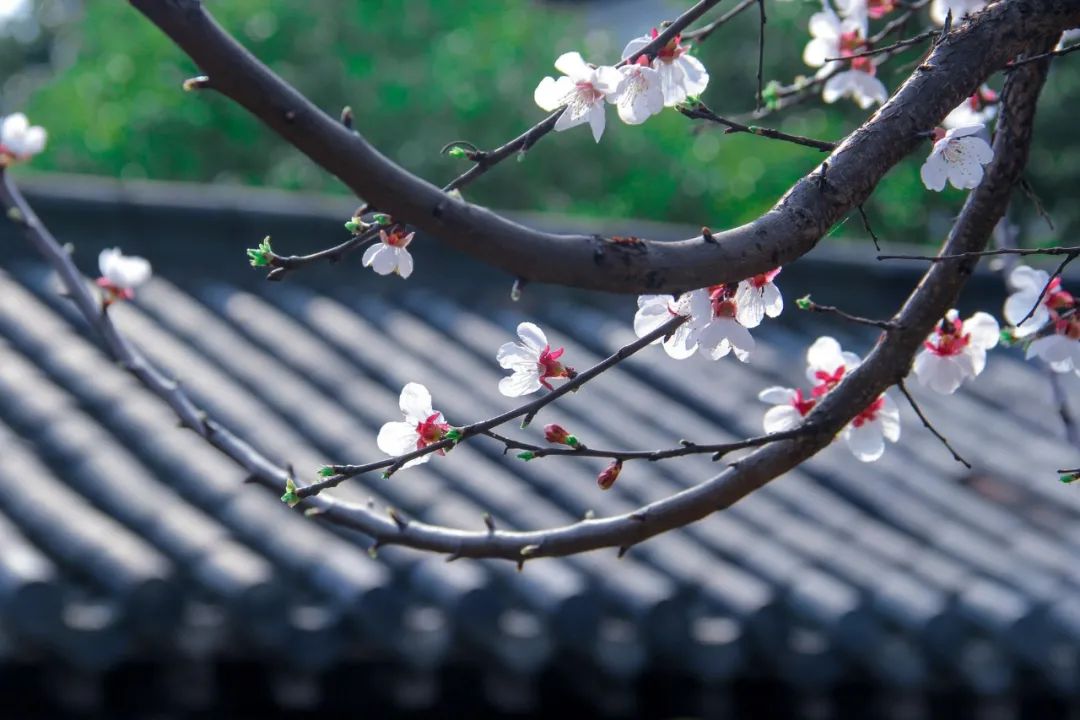 精华热点
精华热点 
兰亭集序原文
作者:王羲之(魏晋)
永和九年,岁在癸丑,暮春之初,会于会稽山阴之兰亭,修禊事也。群贤毕至,少长咸集。此地有崇山峻岭,茂林修竹;又有清流激湍,映带左右,引以为流觞曲水,列坐其次。虽无丝竹管弦之盛,一觞一咏,亦足以畅叙幽情。是日也,天朗气清,惠风和畅,仰观宇宙之大,俯察品类之盛,所以游目骋怀,足以极视听之娱,信可乐也。
夫人之相与,俯仰一世,或取诸怀抱,悟言一室之内;或因寄所托,放浪形骸之外。虽趣舍万殊,静躁不同,当其欣于所遇,暂得于己,快然自足,不知老之将至。及其所之既倦,情随事迁,感慨系之矣。向之所欣,俯仰之间,已为陈迹,犹不能不以之兴怀。况修短随化,终期于尽。古人云:“死生亦大矣。”岂不痛哉!(不知老之将至 一作:曾不知老之将至)
每览昔人兴感之由,若合一契,未尝不临文嗟悼,不能喻之于怀。固知一死生为虚诞,齐彭殇为妄作。后之视今,亦犹今之视昔。悲夫!故列叙时人,录其所述,虽世殊事异,所以兴怀,其致一也。后之览者,亦将有感于斯文。

At the Orchid Pavilion
Wang Shichih
This is the ninth year of Yungho (353 A.D.), kueichou in the cycle. We met in late spring at the Orchid Pavilion in Shanyin to celebrate the Water Festival.
All the scholar friends are gathered, and there is a goodly mixture of old and young. In the background lie high peaks and deep forests. While a clear, gurgling brook catches the light to the right and to the left. We then arrange ourselves, sitting on its bank, drinking in succession form the goblet as it floats down the stream .No music is provided, but with drinking and with song, our hearts are gay and at ease. It is a clear spring day with a mild, caressing breeze. The vast universe, throbbing with life, lies spread before us, entertaining the eye and pleasing the spirit and all the senses. It is perfect.

Now when men come together, they let their thoughts travel to the past and present. Some enjoy a quiet conversation indoors and others play about outdoors, occupied with what they love. The forms of amusement differ according to temperaments, but when each has found what he wants, he is happy and never feels old. Then as time passes on and one is tired of his pursuits, it seems that what fascinated him not so long ago has become a mere memory. What a thought! Besides, whether individually we live a long life or not, we all return to nothingness. The ancient regarded death as the great question. Is it not sad to think of it?
I often thought that the people of the past lived and felt exactly as we of today. Whenever I read their writing, I felt this way and was seized with its pathos. It is cool comfort to say that life and death are different phases of the same thing and that a long span of life or a short one does not matter. Alas! The people of the future will look upon us as we look upon those who have gone before us. Hence I have recorded here those present and what they said. Ages may pass and times may change, but the human sentiments will be the same; I know that future readers who set their eyes upon these words will be affected in the same way.
(林语堂 译)

王羲之(303年—361年)字逸少,琅琊临沂(今山东省临沂市)人。东晋大臣、书法家,丹阳尹王旷的儿子,太尉郗鉴的女婿,有“书圣”之称。
凭借门荫入仕,历任秘书郎、江州刺史、会稽太守,累迁右军将军,人称“王右军”。永和九年(353年),组织兰亭雅集。撰写的《兰亭序》,成为“天下第一行书”。永和十一年(355年),称病弃官,迁居于绍兴金庭。升平五年(361年)去世,安葬于金庭瀑布山。
善书法,兼擅隶、草、楷、行各体,精研体势,心摹手追,广采众长,备精诸体,冶于一炉,摆脱汉魏笔风,自成一家,影响深远。风格平和自然,笔势委婉含蓄,遒美健秀。在书法史上,与钟繇并称"钟王",与其子王献之合称“二王”。李志敏评价:“王羲之的书法既表现以老庄哲学为基础的简淡玄远,又表现以儒家的中庸之道为基础的冲和。

英文朗诵:洁白 :中学英语高级教师。中国朗诵联盟会员。喜欢朗读,希望通过自己的声音向世界传播中国文化,讲好中国故事。




